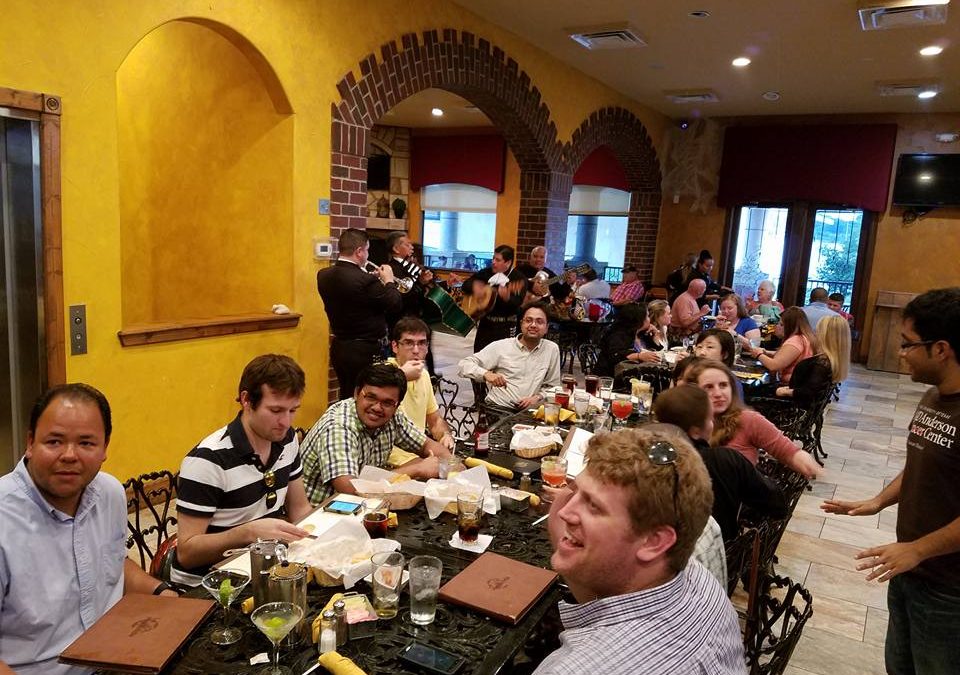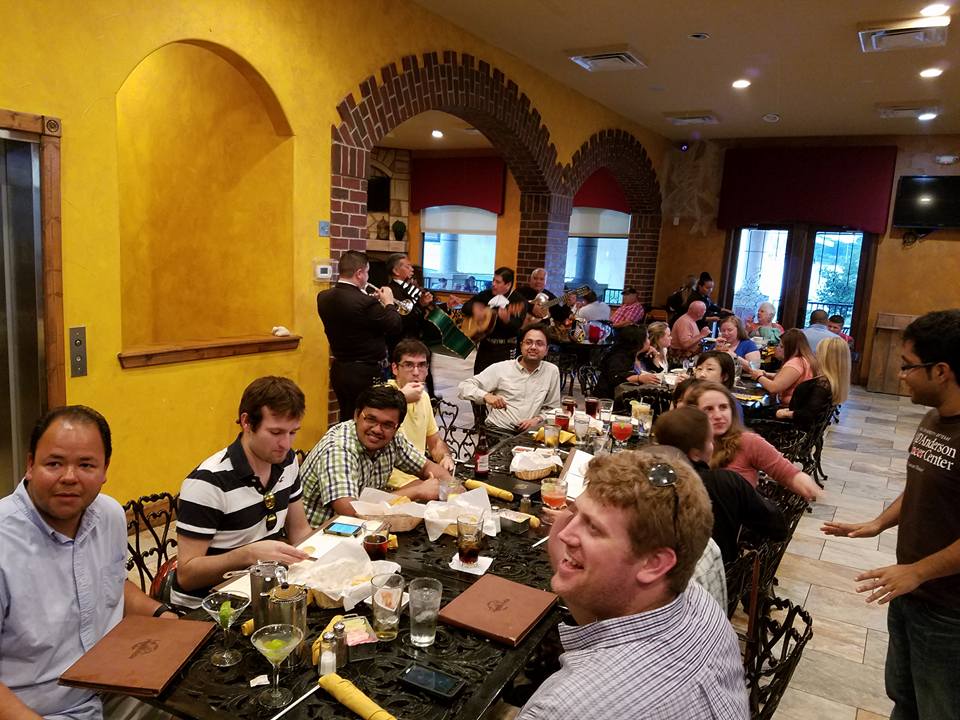The “Advocating for Science” symposium and workshop is taking place at MIT September 16-17, 2016, to enable junior scientists to advocate for science. The purpose of the meeting is to give an opportunity to those with a passion for advocating for science to develop their advocacy skills, meet like-minded junior scientists and develop focused efforts together to effect positive change.
To try to extend this meeting beyond the Boston area, we recently put out an application call for travel scholarships for attendees from further afield, which has now closed. We are very excited to announce that in addition to our Kansas City Area Life Sciences Institute Travel Award Recipient, Alex Erwin, we have been able to award five Advocating for Science Travel Scholarships! Over a series of blogposts, we’ll be sharing an interview with each of them.
The first post in this series is an interview with Holly Hamilton, who will be joining us from Texas:
I received my Ph.D. in Biomedical Sciences from Baylor College of Medicine, Houston, TX. I then completed a two-year postdoctoral fellowship with The University of Texas MD Anderson Cancer Center in Smithville, TX. I certainly learned a great deal about molecular biology, genetics, and moving small clear liquids with great precision. However I learned far more about persistence in the face of nearly certain failure, interpersonal skills, and how to stay motivated when performing difficult tasks to achieve long-term goals. I am a passionate and possibly very annoying person who can never leave well-enough alone. I improve my surroundings, wherever they may be. To that end, I founded a Trainee Association along with other postdocs and students. Together we gained a sense of self-value, enhanced professional development resources, and a stronger sense of community.
Tell us a little about your career path so far and what you are currently working on.
I pursued graduate school with the somewhat unrealistic goal of curing cancer. I studied DNA Repair at Baylor College of Medicine. Before turning 25, I got my PhD. I had been on the bullet train to a faculty research position. But each step I took brought me to the realization that I simply wasn’t willing to do what it would take. As I saw the variety of challenges faced by PhD students and postdocs, I felt the pull toward science advocacy.
I joined my Postdoc Association to help improve the resources at The University of Texas MD Anderson Cancer Center. I later joined the National Postdoc Association and began to see universal difficulties faced by postdocs – paying bills in expensive cities on the NIH minimum stipend guidelines, affording health insurance when it wasn’t paid, rights with respect to the mentor and career advancement, and active suppression of career exploration by supervisors and academic culture. I began to realize that I couldn’t cure cancer and with an increasingly unstable scientific research enterprise, perhaps no one would. After a two-year postdoc I left in pursuit of a more personally-fulfilling career. I am still searching for the next step forward. In the mean time, I am volunteering with the National Postdoc Association Outreach Committee and writing for Science Advocacy.
How did you get interested in advocacy work/science policy?
I’ve never been the type of person to walk by broken things. I immediately got involved in fixing science. The Annual National Postdoctoral Association Meeting was my first taste of meeting people wanting to reform academic research. I felt more at home then I had ever felt in the lab, university, or scientific conference.
What experiences have you had in policy so far and how have they shaped/changed your scientific interests/aspirations?
When the FLSA overtime ruling started to look more certain, I started talking with faculty about it. The reactions were overwhelmingly negative. It was then that I realized advocacy is about changing attitudes, not just policies.
What are your future goals?
I would like to work with scientific advocacy groups, postdoc officers, and the NIH to build a better machine for scientific research. I would like to do so by writing persuasive articles, gathering information, and speaking with influential scientists and policymakers. My goals are:
- (1) encourage structural reform to academic laboratory personal so that labs do not rely so heavily on PhD students and postdocs to function (and steering towards more permanent staff scientists and technicians);
- (2) require training that will allow PhDs/postdocs to pursue a broad variety of career options;
- (3) obtain NIH stipend levels that reflect the cost of living of each institute’s location; and
- (4) discourage tenure without performance (that is to allow universities to stop supporting unproductive professors who may not even any perform research anymore).
What do you hope to get out of coming to the meeting in Boston?
I would like to meet more like-minded individuals, get a better understanding of the issues facing researchers and proposed solutions, and to brainstorm additional solutions and strategies for improving the Future of Research.






Trackbacks/Pingbacks